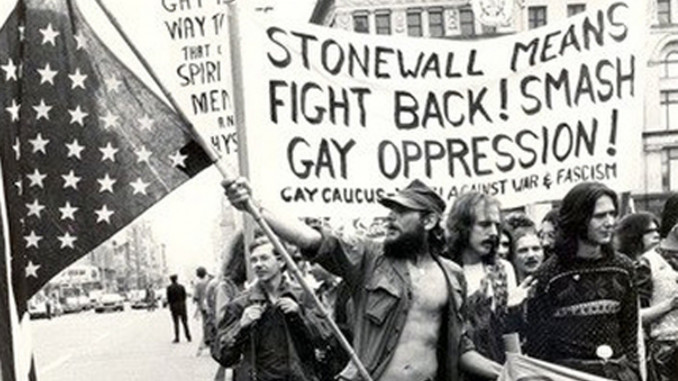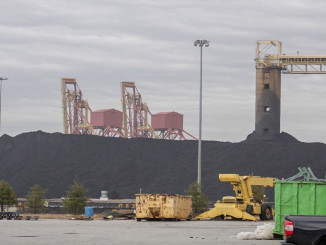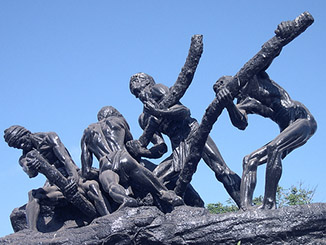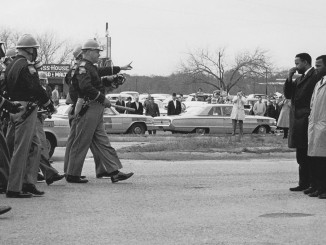
June is Pride Month. We see rainbow displays in store windows and pride flags hanging from buildings and cars. The Pride Parade at the end of June transforms San Francisco into a colorful festival. Similar events occur across the U.S. Many who come to Pride events today don’t know the origins. In many ways it has become more of a corporate show than a show of resistance.
Pride celebrations began following the Stonewall uprising. Over fifty years ago, at the Stonewall Inn, a gay bar in New York City, a lesbian, gay, bisexual, transgender, and queer (LGBTQ) movement was launched. At the time, it was incredibly difficult to be “out” as a gay person. Being gay was considered a mental illness by the medical profession and many thought gay people were immoral or diseased. If you were gay, you could lose your job or apartment, and be arrested or institutionalized. LGBTQ people faced harassment and violent attacks and were routinely targeted by the police. Being LGBTQ was effectively illegal.
Gay bars were some of the only places where LGBTQ people could find refuge. They were safe spaces that allowed people to exist openly as they were, and meet others like themselves. But police raids where cops would beat and arrest people were common. The night of the Stonewall uprising was no different. On June 28, 1969 police stormed the Stonewall Inn. That night people decided enough was enough. One person the cops tried to arrest broke free from their grasp and refused to get into the cop car. People from the bar, who had been forced out onto the street during the raid, surrounded the police. As the crowd grew, they started to shout things like “Gay Power” and picked up whatever was on hand to throw at the cops. The scared and outnumbered cops retreated into the bar, locking themselves inside.
People in the area joined those already in the streets. This was a time of resistance; people were fed up with harassment and discrimination of all kinds. People were fighting back against racism, sexism and the war on Viet Nam. The LGBTQ community was joining them in fighting for their rights.
For days following the initial outbreak, people continued to protest in the streets surrounding the bar. When the fight died down, the atmosphere had shifted. LGBTQ people had proclaimed their existence in the streets, defying the law, and finding pride in their identities. They would not be put back into the stifling closets they had been forced into before. Out of these protests bloomed the first mass gay rights organizations, which forced society to recognize LGBTQ people’s humanity.
In several U.S. cities, gay rights groups organized demonstrations in June 1970, on the one-year anniversary of the Stonewall uprising. A march went through the busiest shopping center in Chicago. In San Francisco, protesters held a march and “Gay-In.” In Los Angeles. a particularly bold march through Hollywood Boulevard was deemed a “Pride Parade.”
The gains of the LGBTQ struggle, like those of African-Americans, women, workers and others, were not given by their oppressors, they were won by the oppressed. Gains can be made rapidly when fights are at their peak but, when they die down, the system chips away at what was won.
Today this process is clearly underway – important rights fought for in the past, are getting ripped away. This year we’ve seen an avalanche of proposed anti-LGBTQ bills – bills that could restrict education regarding LGBTQ issues, lead to increased discrimination, and more. This comes with an onslaught of other attacks. The rights to vote and to get safe abortion, won through courageous struggles in the 60s and 70s, are among other rights also being threatened.
If the gains of the LGBTQ struggle are to be protected and expanded, it means being ready to stand up as they did at Stonewall. But why should we have to constantly mobilize and fight for such basic rights? Struggles for basic freedoms threaten the power of those sitting on top of the existing social order. Together we have the ability to bring the kind of world into being that we need – the kind of world we see shine through every time people unite in struggle. That is what our future could be. If we fight, we can win.




